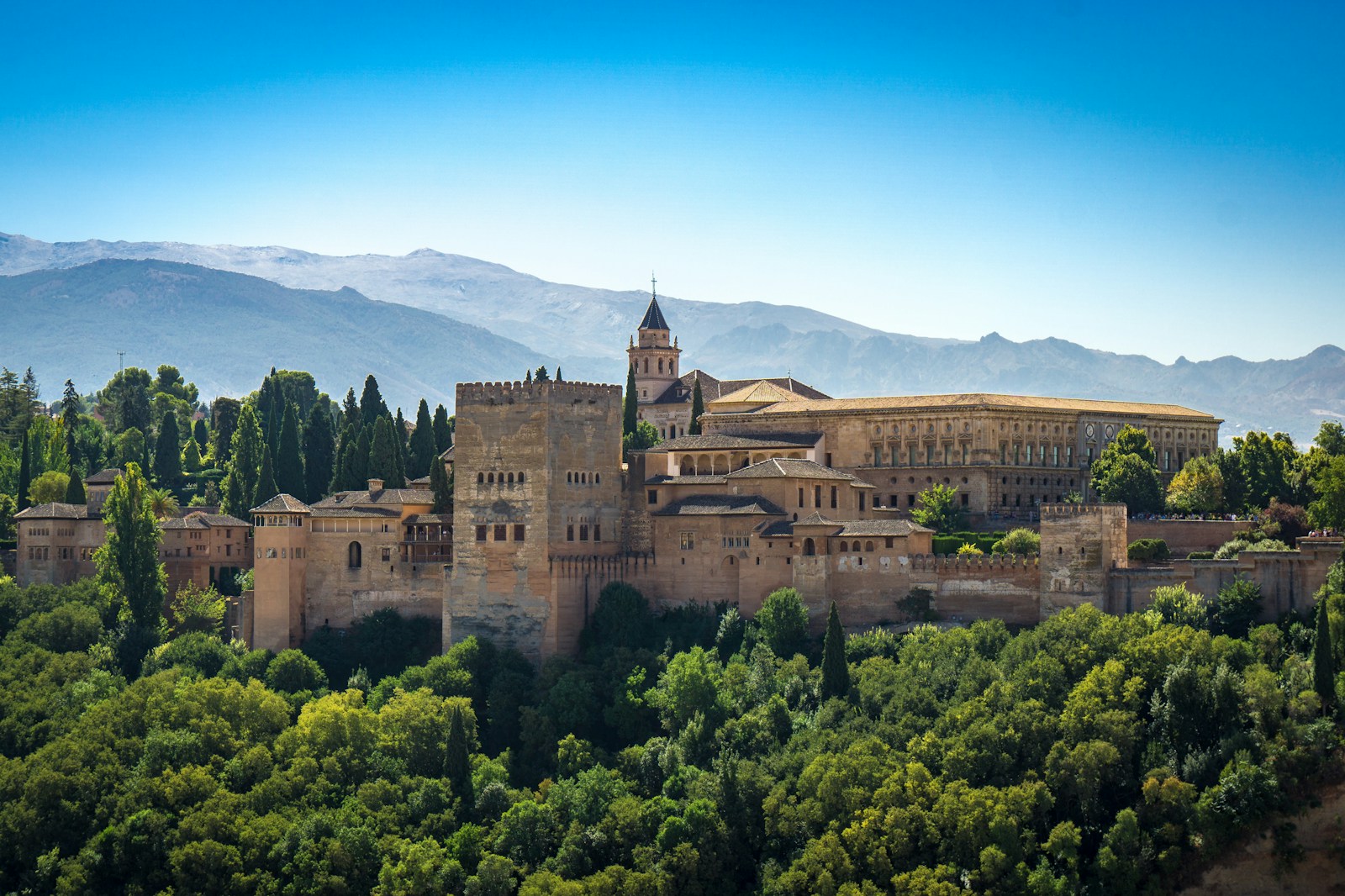On a recent trip to Portugal, we had the joy of attending the wedding of dear friends, Alex and Lu, in beautiful Porto. After the celebrations, they took a few days of rest in central Portugal at a rural farm stay in Alentejo – a quiet, picturesque region known for its rolling plains and unhurried way of life.
While there, Alex shared a local saying that immediately caught my attention:
“Slow, slower, stationary.”
It’s a phrase used in parts of Portugal to describe the natural pace of life – where things don’t just move slowly but sometimes seem to stop altogether. No rush, no urgency, just presence and stillness.
Hearing this felt like a reminder worth sharing. Modern life so often pulls us into modes that are fast, faster, and flat out. We race from task to task, measuring progress by outcomes and outputs. But this Portuguese philosophy suggests there’s value in recognising – and even embracing – slower modes of being.
There are times in life when it’s entirely appropriate to be busy and driven. But there are also times when we need to consciously shift into other modes – slow, slower, or even stationary. These are the times when we allow space for rest, recovery, reflection, and recharging. They’re not wasted moments; they’re essential ones.
This little phrase offers a beautiful lens:
-
- Am I in slow mode today?
- Is it time to go even slower?
- Or might stationary actually serve me best right now?
There are deep physical, mental, and emotional benefits to listening to ourselves this way – pacing our lives more intentionally and resisting the cultural pressure to be constantly productive.
Wherever we are, we might borrow this simple philosophy from rural Alentejo. Sometimes, the most meaningful progress happens when we allow ourselves to pause.
After all, slow, slower, stationary isn’t just a description of rural life – it might just be a prescription for our own wellbeing.





0 Comments